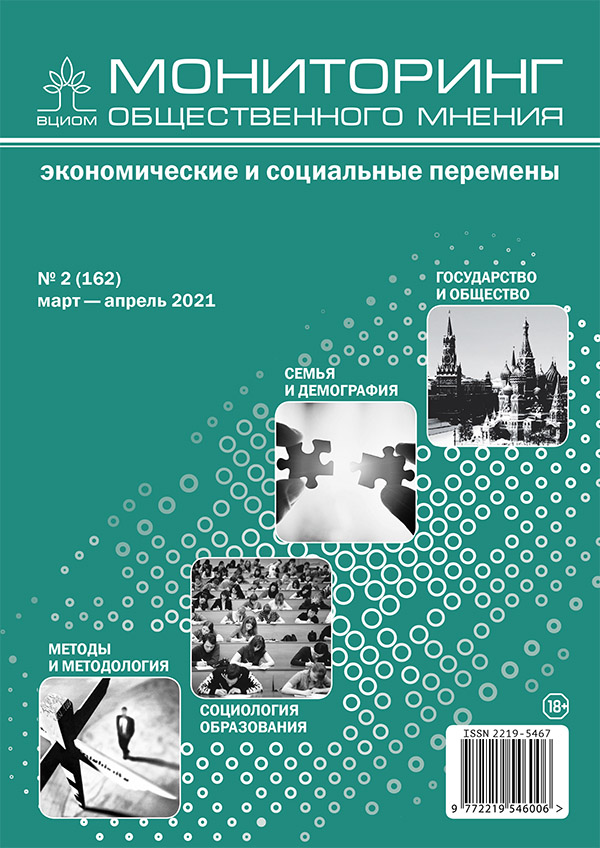How Adults Learn: Factors Influencing the Choice of Educational Programs
DOI:
https://doi.org/10.14515/monitoring.2021.2.1627Keywords:
vocational training, skills mismatch, key competencies, types of training, self-education, skills development, adult education, educational certificateAbstract
The study concerns the factors influencing the choice of educational programs and training formats by employees and employers of small and medium-sized companies. The authors base on the survey data focusing, among other things, on differences observed by professional groups.
The analysis showed that the perception of existing skills deficits differs significantly in the opinion of employers and employees. The former note that employees lack the competencies necessary for the enterprise, while the latter pay more attention to overcoming the skills deficit necessary for their individual career growth. Employees pay attention to external attributes (convenient schedule, brand of the organization), and employers consider the content of the educational programs (the effectiveness and specificity of acquired skills for their employees). The orientation of employers towards the content is explained by the priority of accumulating specific human capital that corresponds to the needs of a particular enterprise, and the choice of employees is related to a potentially higher assessment of the received qualifications by other employers.
The study revealed the prevalence of informal forms of learning used to eliminate the skills deficit by respondents with higher and secondary vocational education. These learning formats are regarded by employees as the most effective, and they allow to compensate for the lack of non-formal learning. The vast majority of employees prefer to learn at work from more experienced colleagues, while receiving a certificate issued by the university, which they consider as the most rated.
The paper may be of interest to a wide range of experts working in adult education, as well as to HR specialists, departments of continuing education at universities, and heads of small and medium-sized enterprises aimed at optimising the process of personnel training.
Acknowledgments. The paper was prepared within the framework of a research grant funded by the Ministry of Science and Higher Education of the Russian Federation (grant ID: 075-15-2020-928).
Downloads
Published
How to Cite
Issue
Section
License
Copyright (c) 2020 Monitoring of Public Opinion: Economic and Social Changes Journal (Public Opinion Monitoring) ISSN 2219-5467

This work is licensed under a Creative Commons Attribution-NonCommercial-ShareAlike 4.0 International License.






